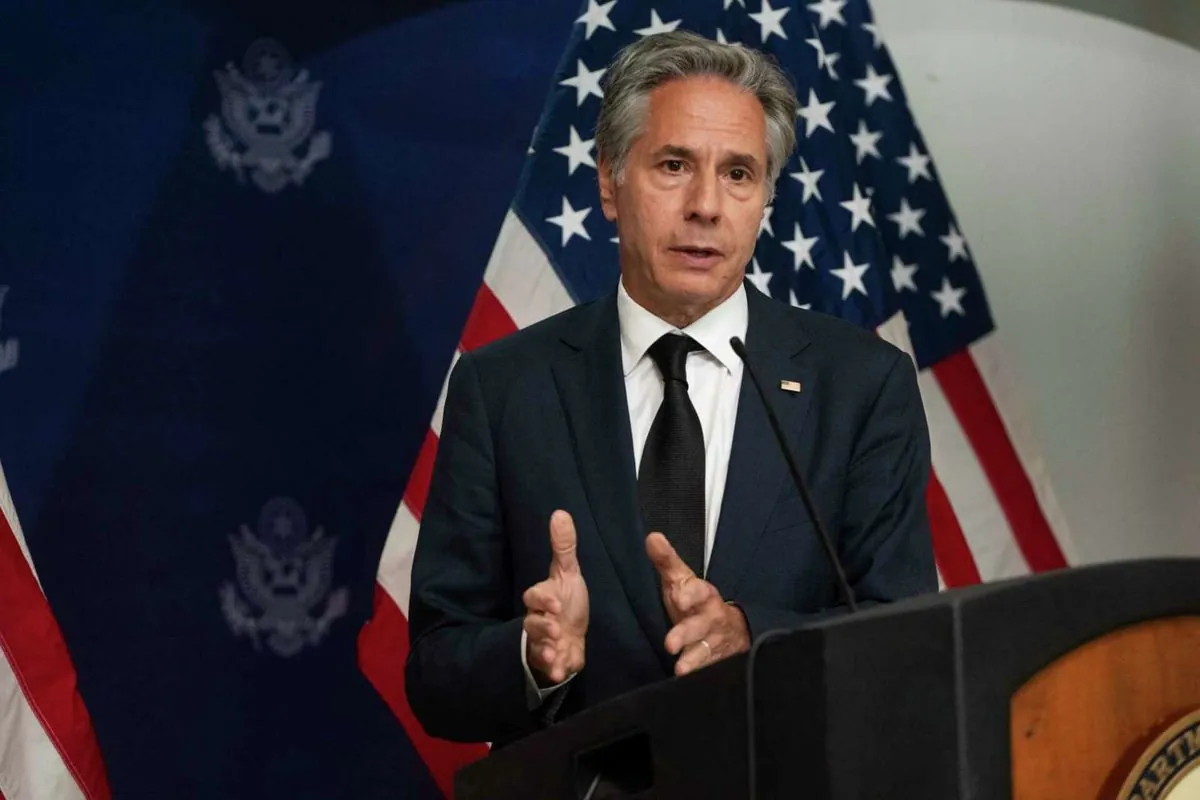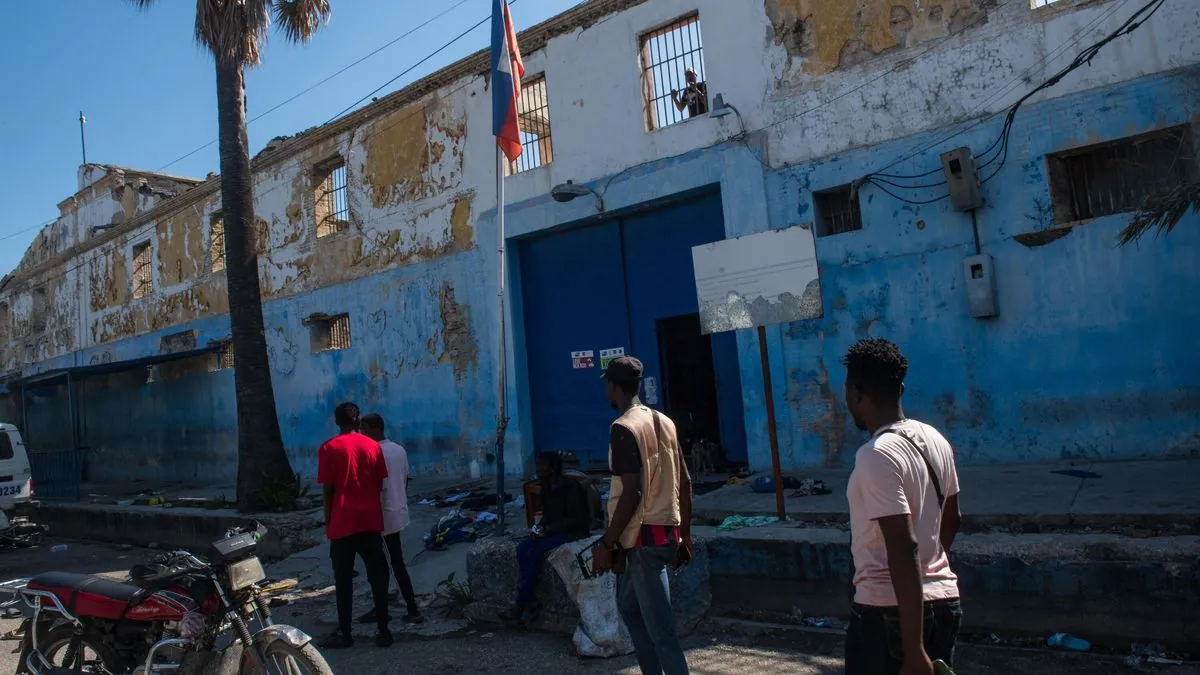Blinken's Dominican Visit: Haiti Crisis Takes Center Stage
U.S. Secretary of State Antony Blinken met with Dominican President Luis Abinader, focusing on Haiti's security crisis and its regional impact. Discussions also covered economic cooperation and human rights issues.

On March 8, 2024, Antony Blinken, the U.S. Secretary of State, conducted a one-day visit to the Dominican Republic, engaging in discussions with President Luis Abinader. The meeting, which took place in Santo Domingo, covered a range of topics including human rights, economic prosperity, and regional security. However, the ongoing crisis in Haiti emerged as the primary focus of their talks.
The visit followed Blinken's trip to Haiti the previous day, where he expressed support for a United Nations-backed mission led by Kenya to address the escalating gang violence. The situation in Haiti, which shares the island of Hispaniola with the Dominican Republic, has been a source of growing concern for both nations.
President Abinader expressed apprehension about the apparent lack of resources for the Kenyan-led mission and the recent mass escape of inmates from Haiti's two largest prisons. These escapes occurred during coordinated gang attacks in early 2024, further destabilizing the already fragile security situation in Haiti.

The crisis in Haiti has led to a surge in migration attempts to the Dominican Republic, placing strain on Dominican schools and hospitals. In response, the Dominican government has implemented strict measures, including closing airspace to Haiti and constructing a border wall between the two countries.
"The influx of migrants from Haiti is overwhelming our public services and infrastructure."
Blinken acknowledged some progress in Haiti following the deployment of nearly 400 Kenyan police officers in recent months. He emphasized the importance of security as a foundation for Haiti's progress, stating that control must ultimately rest with Haitian authorities and citizens, not gangs.
Both leaders expressed their commitment to normalizing relations between the Dominican Republic and Haiti. Blinken highlighted the United States' interest in supporting Haiti's success, recognizing the interconnected nature of regional stability.
The discussions also touched on economic cooperation. Blinken noted that the Dominican Republic boasts the largest economy in the Caribbean and one of the fastest-growing in Latin America. To further support this growth, he announced the first phase of a $3 million supply-chain investment through USAID, aimed at improving workforce training and developing industrial parks in the Dominican Republic.
It's worth noting that the Dominican Republic has faced criticism for its treatment of Haitian migrants and individuals of Haitian descent born in the Dominican Republic. This complex relationship between the two nations is rooted in a long history of political, economic, and cultural differences.
The island of Hispaniola has a rich and complex history, with Haiti gaining independence from France in 1804 as the first independent black republic, while the Dominican Republic later gained independence from Haiti in 1844. Today, the contrast between the two nations is stark, with the Dominican Republic being the most visited destination in the Caribbean, while Haiti remains the poorest country in the Western Hemisphere.
As the meeting concluded, Blinken reiterated the United States' commitment to regional stability and economic development. The ongoing situation in Haiti and its impact on the Dominican Republic will likely continue to be a focal point of diplomatic efforts in the region.


































